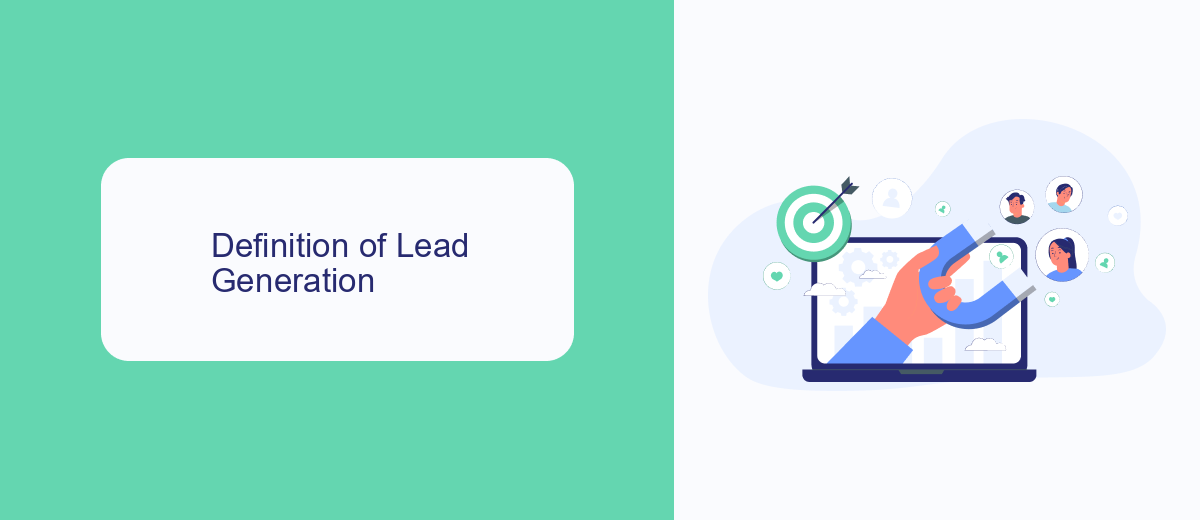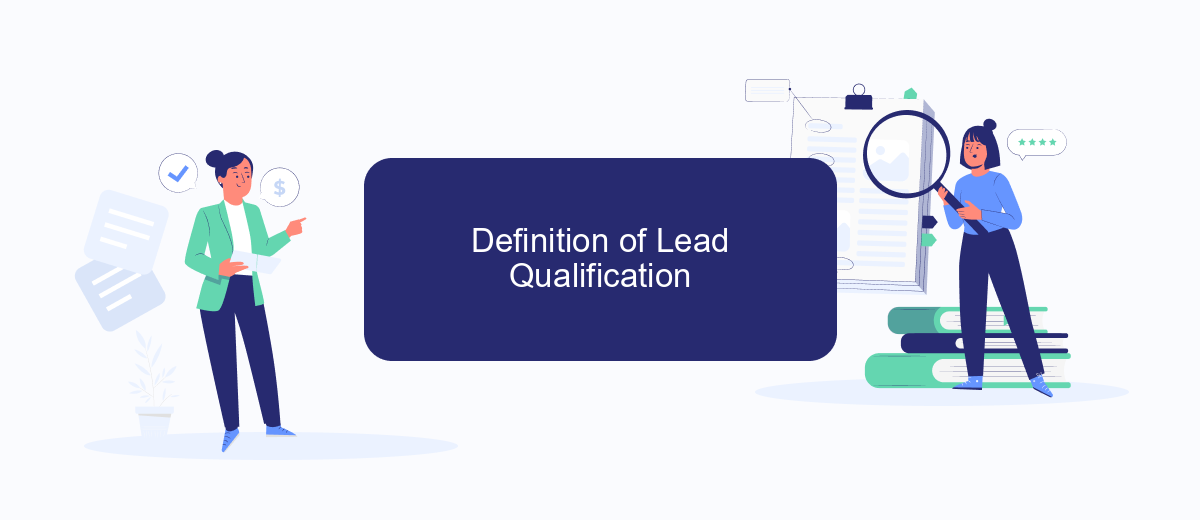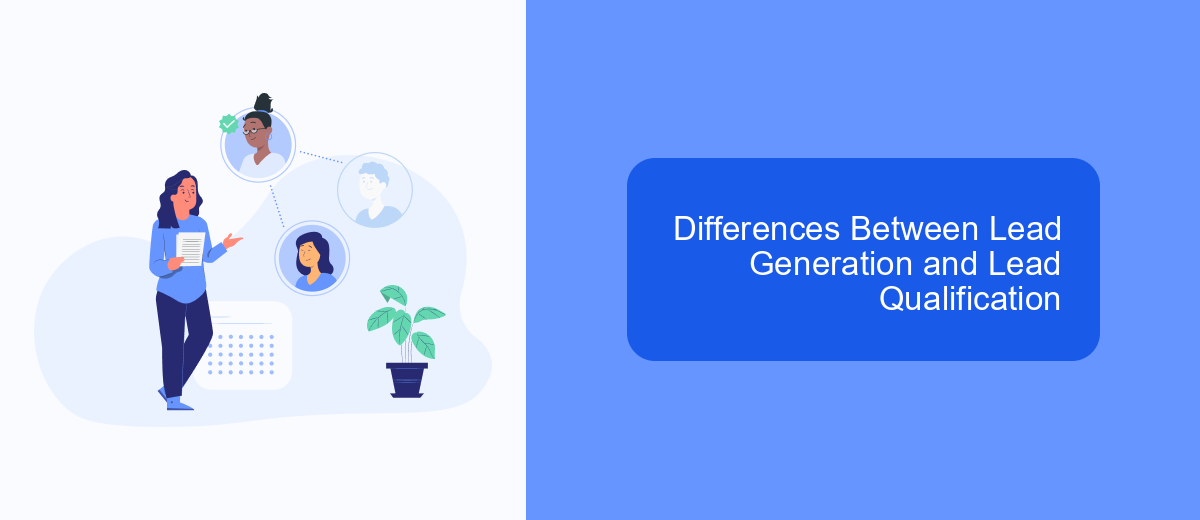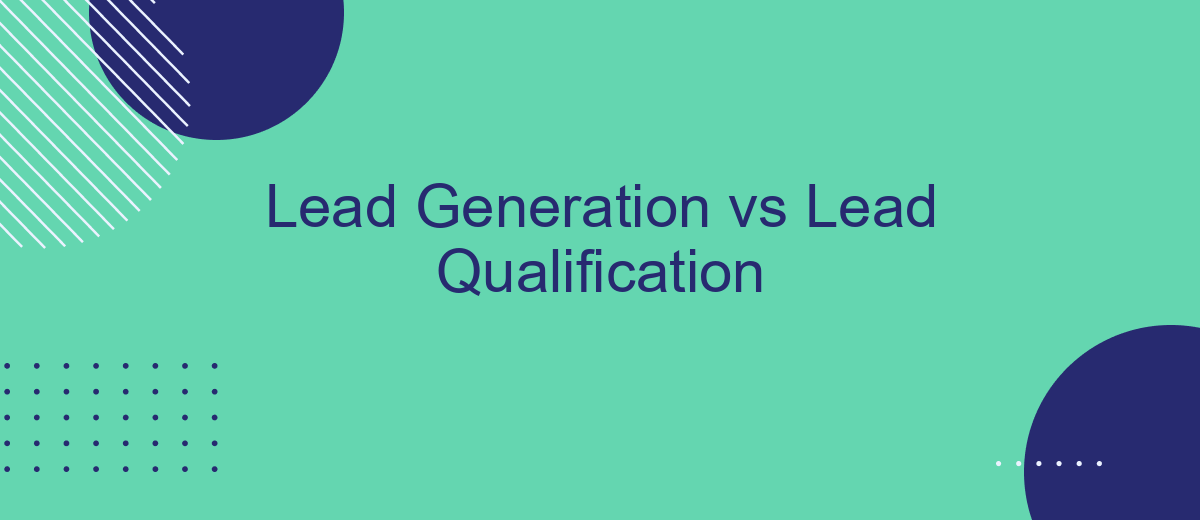In the competitive landscape of modern business, understanding the distinction between lead generation and lead qualification is crucial for optimizing sales strategies. Lead generation focuses on attracting potential customers, while lead qualification assesses their readiness to purchase. This article delves into the differences between these two processes, highlighting their importance and how they complement each other in driving business growth.
Lead Generation and Lead Qualification
Lead generation and lead qualification are critical components of a successful sales strategy. Lead generation focuses on attracting potential customers to your business through various marketing channels. On the other hand, lead qualification involves assessing these leads to determine their likelihood of becoming paying customers.
- Lead Generation: Techniques include content marketing, social media campaigns, SEO, and email marketing.
- Lead Qualification: Methods involve scoring leads based on criteria such as engagement, budget, and decision-making authority.
- Integration Tools: Services like SaveMyLeads can streamline the process by automating lead data collection from different sources.
By effectively combining lead generation and lead qualification, businesses can ensure that their sales teams focus on high-quality leads, thereby increasing conversion rates and optimizing resources. Tools like SaveMyLeads can further enhance this process by integrating various marketing platforms, ensuring that no potential lead is overlooked.
Definition of Lead Generation

Lead generation is the process of attracting and converting strangers and prospects into someone who has indicated interest in your company's product or service. This process involves various marketing strategies, such as content marketing, social media marketing, email marketing, and paid advertising, to capture the interest of potential customers. The ultimate goal is to build a database of potential leads that can be nurtured and converted into loyal customers over time.
Effective lead generation requires a strategic approach and often involves the use of technology and tools to streamline and optimize the process. For example, services like SaveMyLeads can automate the collection and integration of lead data from various sources, ensuring that your sales team has access to accurate and up-to-date information. By leveraging such tools, businesses can focus more on engaging with leads and less on the manual aspects of data collection, ultimately improving the efficiency and effectiveness of their lead generation efforts.
Definition of Lead Qualification

Lead Qualification is a critical process in sales and marketing that involves evaluating potential leads to determine their likelihood of becoming paying customers. This process helps businesses prioritize their efforts and resources on leads that are more likely to convert, ensuring a higher return on investment (ROI).
- Identifying key criteria: Define the essential characteristics that make a lead valuable, such as budget, authority, need, and timeline (BANT).
- Scoring leads: Assign scores to leads based on their alignment with the identified criteria. Higher scores indicate a greater likelihood of conversion.
- Segmenting leads: Categorize leads into different segments based on their scores and characteristics to tailor follow-up strategies accordingly.
Effective lead qualification often involves using tools and services that streamline the process. For instance, SaveMyLeads automates data integration between various platforms, ensuring that sales teams have up-to-date and accurate information to make informed decisions. By leveraging such tools, businesses can enhance their lead qualification process, leading to more efficient and successful sales outcomes.
Differences Between Lead Generation and Lead Qualification

Lead generation and lead qualification are two crucial steps in the sales process, each serving a unique purpose. Lead generation focuses on attracting and capturing potential customers' interest, while lead qualification involves assessing these leads to determine their likelihood of converting into paying customers.
Lead generation typically involves various marketing strategies such as content marketing, social media campaigns, and email marketing to gather contact information from prospects. On the other hand, lead qualification uses criteria like budget, authority, need, and timing (BANT) to evaluate the quality of these leads.
- Lead Generation: Attracts potential customers.
- Lead Qualification: Evaluates the potential for conversion.
- Lead Generation: Uses marketing strategies.
- Lead Qualification: Uses specific criteria for assessment.
Understanding the differences between these two processes is essential for an effective sales strategy. Tools like SaveMyLeads can automate and streamline both lead generation and lead qualification, ensuring that your sales team focuses on the most promising prospects.


Importance of Lead Generation and Lead Qualification
Lead generation and lead qualification are pivotal processes in any successful business strategy. Lead generation focuses on attracting and capturing potential customers' interest, usually through various marketing tactics such as content marketing, social media, and SEO. Without effective lead generation, businesses would struggle to find new prospects, making it difficult to grow and sustain revenue. It ensures a steady flow of potential customers who can be nurtured and converted into paying clients.
Lead qualification, on the other hand, is the process of evaluating and categorizing these leads to determine their likelihood of becoming actual customers. This step is crucial as it helps sales teams prioritize their efforts, focusing on leads that are more likely to convert. Tools and services like SaveMyLeads can automate the integration of lead data from various sources, making the qualification process more efficient. By streamlining both lead generation and lead qualification, businesses can optimize their sales funnel, reduce wasted effort, and ultimately increase their conversion rates.
FAQ
What is the difference between lead generation and lead qualification?
Why is lead qualification important after generating leads?
Can lead generation and lead qualification be automated?
What criteria are commonly used in lead qualification?
How do I measure the effectiveness of my lead generation and qualification processes?
Are you using Facebook Lead Ads? Then you will surely appreciate our service. The SaveMyLeads online connector is a simple and affordable tool that anyone can use to set up integrations for Facebook. Please note that you do not need to code or learn special technologies. Just register on our website and create the necessary integration through the web interface. Connect your advertising account with various services and applications. Integrations are configured in just 5-10 minutes, and in the long run they will save you an impressive amount of time.
